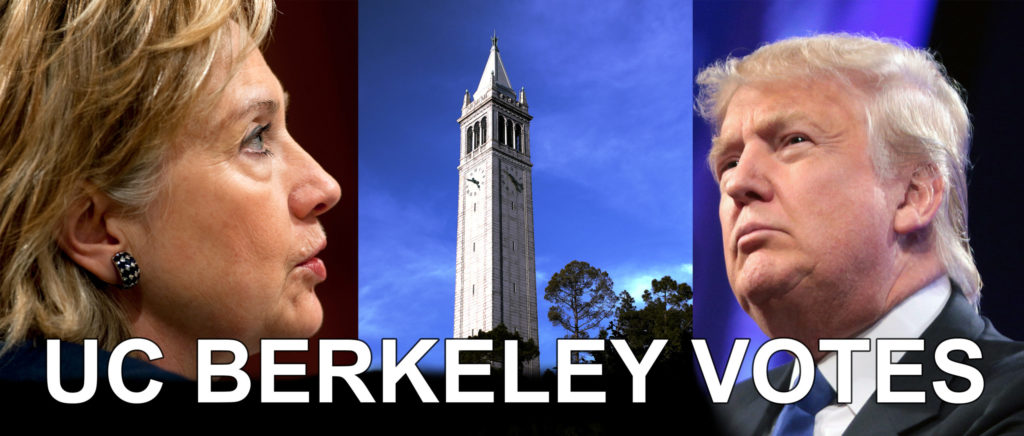On the 7th of June, 2016, in Oakland, California, I was among 1,057 “aliens” who became American citizens. We took the oath. We were welcomed and congratulated. We were told not only that we could vote, but that we should vote and that we could run for office.
In 2016, the United States is going to “naturalize” 700,000 new citizens. At nearly 70 years old, I’ve achieved this belatedly in life and more than a century after the big immigration wave that brought millions of my compatriots to these shores.
But, still, I’m now a citizen. The speaker at the citizenship ceremony called out each one of the 107 countries in alphabetical order. When China was named, almost half of those gathered in the beautiful and immense art-deco Paramount Theatre stood up, limiting my view since I was seated. Then came India, and all the people sitting near me stood up. At Italy’s turn, not a noise was heard, although we have a reputation of being loud enthusiasts. But right after that came a roaring “Mexico!” and it was like the trumpet of a battalion. They had made it, before Trump could stop them. This, I thought, was the future of America and I was in good company.
I had already encountered the face of Donald Trump. In the Mission, in San Francisco, not far from my home, shops had started selling piñatas of the blonde bully soon after he entered the presidential race. And parking meters sported his Aryan face stuck on the title of a forgotten book from 1935: It Can’t Happen Here by Sinclair Lewis—a novel about the rise of a fascist demagogue. Another foreboding came in April on a drive to Sea Ranch. The Gualala local paper had expressed concern over a threatening sign posted on a wall: “No more Cinco de Mayo, Heil Trump.” It was an isolated incident, but they put it on the front page. Peril is coming.
I sent my friends in Italy the news of my citizenship. Many answered, “Are you sure it’s a good decision? What are you going to do if Trump wins?”
I answered, “Keep calm, it can’t happen here.” But, still, I felt a sense of malaise. Could he really win?
The reason for this malaise is that we Italians experienced a kind of Trumpism—at least twice. The first time in 1922, when Benito Mussolini seized power and promised law and order to counter the Bolshevik scare. Fascism lasted 20 years and it took a world war to have the dictator hanged.
The second occurred in 1994, when Silvio Berlusconi, a billionaire with funny hair and powder on his face—a cement, media, and soccer mogul—founded his own party over a three-month period and won the election, again promising that communism would never come to Italy. Berlusconi ruled Italy for 20 years, alongside fascists and xenophobes. He disgraced the country with his sexual exploits and gave the Mafia and corrupt organizations a level of power they had never had before. Eventually he was dispatched, not by Italians, but by the intervention of European financial powers, concerned that Italy could become a bankrupt country, a new Argentina.
Here in America, as in Italy, many institutions have failed to perceive the deep vein of disaffection and rage that a political intruder can easily mine and exploit.
Trump has been compared to both Berlusconi and Mussolini. Although he evidently likes the Mussolini style—he poses like him, he moves his jaw in the same way—there are differences. Mussolini seized power not only with aggressive violence, but with the support of the Italian monarchy and the Vatican. Trump, if elected, will have risen to power democratically, but without much institutional support.
As for Berlusconi, it still amazes me that the Left, the media, and the judiciary didn’t block him when it was still easy. Here in America, as in Italy, many institutions have failed to perceive the deep vein of disaffection and rage that a political intruder can easily mine and exploit.
What I see here gives me optimism. Here I see a stronger press, a repulsion for Trump’s disregard for the Constitution (the old McCarthyist word “un-American” is apt in this case), a militancy of public opinion, the presence of a well-organized Democratic Party. What was lacking in Italy at the time of our own Trumpism was essentially courage; what triumphed was compliance.
Another consideration concerns the essence of democracy. Today more than ever, democracies are about the way rich societies deal with immigrants.
Going back to the day on which I was “welcomed”: On the same day Trump was shouting to build a wall, deport millions of Mexicans, and stop Muslims from entering the country, I received a passport and my American citizen status. It was also a day when hundreds of corpses of drowned migrants were aligned on the piers of Palermo. A rotten ship in which those people were packed had been wrecked in the Mediterranean, sending everyone to the bottom of the sea.
As the Italian government nobly financed a rescue, it was attacked by Parliament for misuse of public money. A month later, in Fermo, one of those little delicious cities of central Italy where the quality of life is at its best, a couple of young Nigerians were strolling along the main street. They had come to Italy as the surviving members of a family killed by Boko Haram. The woman was insulted by a local; her husband reacted and was killed by the bare hands of the same local. When the killer was asked, “Why did you call the woman a monkey?” he replied, “I heard it said in the Parliament and by political leaders.”
This is why I find myself better here. Because in my country, Trumpism has already won. Immigrants (who make up 8 percent of a rapidly aging white population) are denied the right to vote and can’t organize a political party or a union, and can’t run for office. They are also denied access to political party boards, because officials know that letting them participate would lose the officials party votes. And it’s not just Italy; demagogues are rising in Britain, France, Hungary, Austria….
That is why, by helping to defeat Trump, I think I’m doing democracy a favor—not just here, but in my country as well.
My wife thinks I am too optimistic.
Enrico Deaglio wants it known that he wrote this piece on July 30, 2016.





















